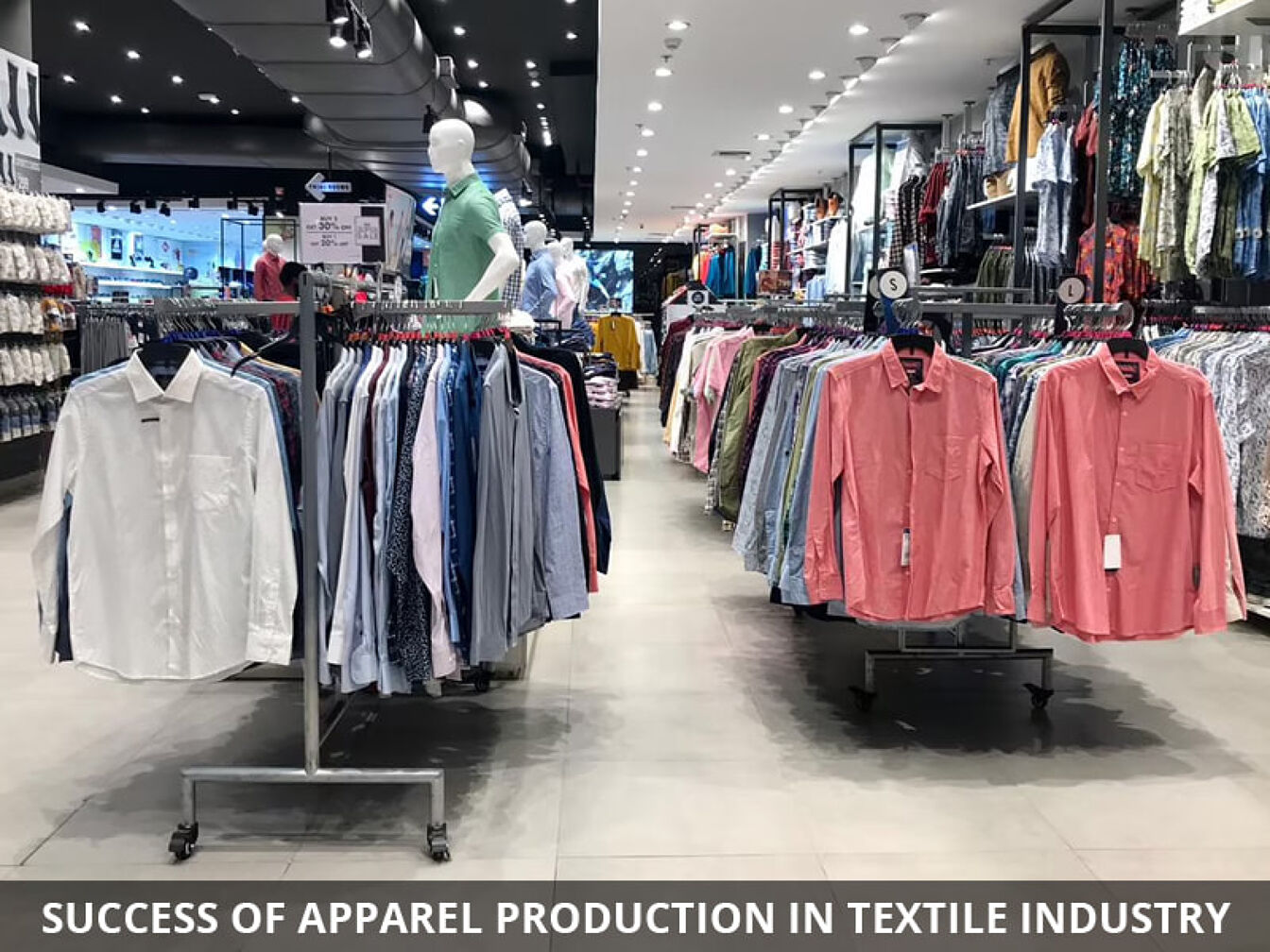
The growing business sector demonstrates higher freedoms to put resources into the Textile business. What's more, the main purpose behind putting resources into material assembling is it is less capital escalated alongside having a powerful turnover proportion.
It is supposed to be a non-ensured business however here it is critical that the material unit is agreeable and serious. Here are some of the key factors which are significant for the success of any textiles manufacturing business like designer saree manufacturers.
Efficiency:
The consumers demand the higher value that too at the lower price which is creating the need of maintains efficiency levels. Now, this efficiency includes the function of combination such as manpower, material, machinery, and methods. Nowadays, operating the textile unit at an optimum efficiency level is inevitable in order to succeed in the profitability aspects.
Factory layout:
Factory layout determines the presence of physical arrangement of the industrial facilities such as sewing machines, storage systems, and so on. An effective layout should not represent the physical arrangement only but also should have well-designed in order to reduce the material and labor movement. The development of an efficient plan layout gives out smooth workflow throughout the production process along with ensuring space-saving. An effective layout also incorporates the varied compliance requirements such as safety, health, and environment. Also, it affects on Ethnic Wear for Indian Women – Best Sarees, Kurtis, Salwar Suits Supplier.
Technology and Informative technological tools:
In the current developing world, technology has become an important segment to run any business. For the Home textile manufacturers introducing technological advancements is not an exception. By this, they can ensure product quality and sustainable growth. Furthermore, an automated machine reduces manual intervention providing a reduction in labor costs. Along with the reduction in manual labor, some benefits of automation also include quality, energy-saving, inventory control, and so on. Whereas any highly automated machine might now prove to be advantageous for all the product categories thus the type of automation should be selected wisely. Being having a direct impact on capital investment and expenses of operating it should be evaluated in detail.
Also, information technology plays a distinctive role in the textile industry. Such as modern software provides to monitor and control almost all the aspects of the business. This software also helps us to identify the main cause of issues in order to solve it. Therefore, software not only stores data for knowing the final output but also gives real-time analysis.
Training and HR:
Training and HR are significant especially for the labor-intensive unit and the textile unit also belongs to the same category. Also, the Indian textile industry has been employing HR which involves the training of unskilled people. And the only aim here is to provide the technical skills required for production. The workforce in the textile industry could gain skill development with an emphasis on better performance training which actually important for success
Consumer service:
Providing the services to the consumer can also transform your business of manufacturing. It is not only important to manufacture the right products on time but also have the flexibility and adaption of new designs. With the changing demand of buyers, it is essential for manufacturers to keep partnerships with brand soft long terms in order to accomplish the buyer's need.
Product development:
Product development is the key to add more and afresh buyers along with the existing ones. As the product strategy is a vital part of the business, it is important for textile manufacturers to acquire global requirements. Product development includes adapting to dynamism in product design, requirements and stick to the short product development cycle. Contemporary innovations such as the digital product development process provide an opportunity for companies to conduct the product cycle time from into some days.
Also, the partnerships of Cotton Sarees Suppliers ensure effective supply to brands along with ensuring the profitability for manufacturers by a consistent flow of orders. Hence, product development is the most significant part to be into the global competition.
The above points cover mostly every aspect of how the textile industry could have success in apparel production. It all depends on the dynamism which the apparel industry adopts to have a specific production and supply into the markets.